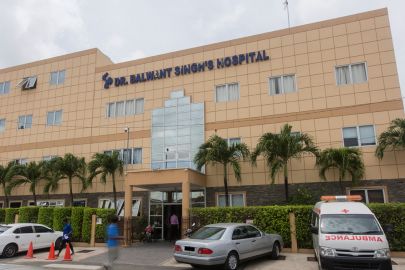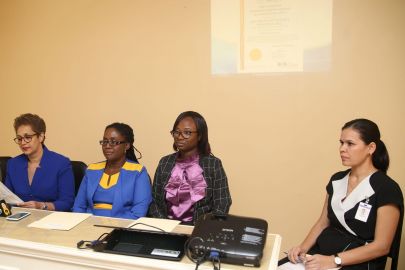The needs and expectations of developing countries have grown in an increasingly globalized world, particularly the demand for specialized health services in addition to primary care. Exactly how to pay for such health care—via private insurers, government subsidies, or a mixture of both—is a subject of great debate.
One form of acute/chronic care for which the need is significant is renal replacement therapy (RRT). In fact, this type of care is nonexistent in developing countries, and the unfortunate reality is that a diagnosis of end-stage renal disease (ESRD) is tantamount to a death sentence. This situation was most certainly the case in Guyana, South America, when we began our efforts there in 2008 to deliver RRT.
This article describes the 14 medical missions the authors made to Guyana, with an emphasis on the logistics and outcomes of the team’s public-private partnership. This model is now being extended to the CARICOM (Caribbean community), a grouping of 15 countries in the Caribbean basin.




